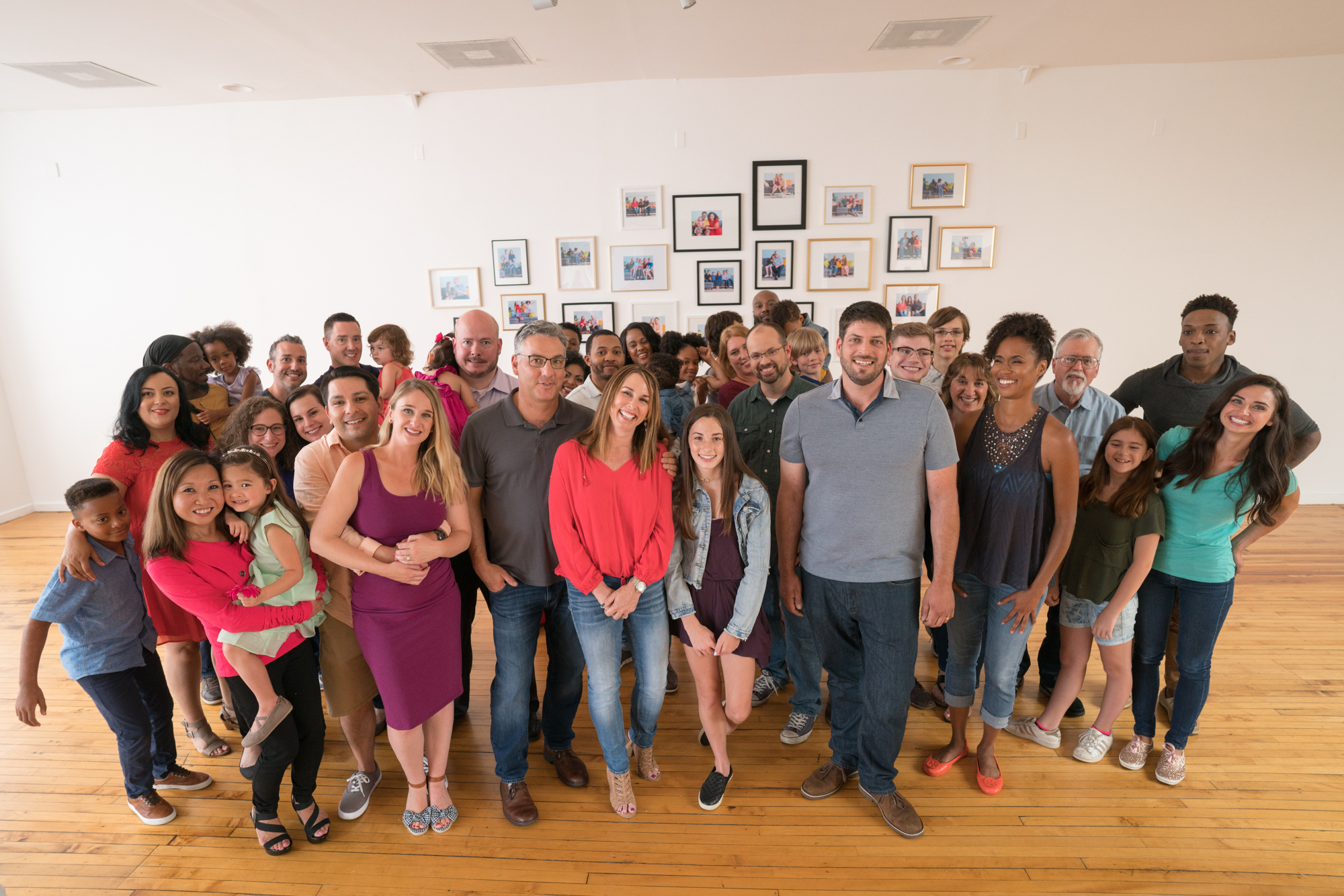Best of Silver Anvil Finalist: HP Uncovers Unconscious Biases in Hiring
By Greg Beaubien
August 2019
To somber music, the faces of African-American job applicants cloud with disappointment as off-screen voices conclude their interviews with the less-than-promising words, “We’ll be in touch.”
It’s a line people often hear after job interviews, but according to the 70-second videoproduced for computer company HP in 2017, even when qualified for a position, African-Americans are three times more likely to experience a denial than white applicants. The video drew on focus-group interviews and a Kaiser/CNN survey in which 27 percent of African-Americans reported feeling they had been denied a job they were qualified for, compared to 9 percent of their white peers.
In response, HP began training all of its hiring managers “to reduce unconscious bias,” Lesley Slaton Brown, the company’s chief diversity officer, says in the video.
The company and its PR firm, Edelman, say that unconscious biases — prejudices that people don’t realize they have — undercut job recruitment, mentoring and promotions for people in underrepresented groups (including women, minorities, veterans and people with disabilities). As part of HP’s diversity-and-inclusion efforts, the company engaged Edelman to create a campaign called “Reinvent Mindsets,” which set out to “educate society on the benefits of cultivating a diverse employee base by shedding light on the unconscious bias and stereotyping rampant in today’s hiring environment.”
HP says that while minority groups as a whole will soon represent the majority of the U.S. population, they continue to be underrepresented in corporate leadership positions, a problem in which unconscious bias “plays a significant role.” The company cites research from consulting firm McKinsey & Company, which found a lack of diversity within the leadership ranks of Fortune 500 companies.
Tech, marketing ‘struggle with diversity’
By its own admission, HP has struggled with diversity hiring in technology and marketing, two important areas of its business. This challenge has occurred despite studies that the company says show diversity yields better business results by generating more varied ideas and representing broader audiences.
With its “Reinvent Mindsets” campaign — a twist on “HP Reinvent,” an annual conference the company holds for its partners — HP said it was determined to lead by example by reemphasizing diversity in its own hiring, and by “maximizing available data to reinforce the importance and impact of diversity in the technology and marketing industries.”
Beyond the rhetoric, the campaign’s goals were to increase HP’s minority hires by 5 percent and to raise above 50 percent its hires of people from typically underrepresented groups. The campaign also sought to increase diversity hiring among HP’s agency partners. Slaton Brown maintains that when it comes to hiring at HP, “talent is our only criteria.”
Four short films
In developing the campaign, HP conducted focus groups with its employee-advocacy groups and talked to leaders representing diverse communities. Insights gleaned from those conversations would inform “Reinvent Mindsets” and inspire HP’s decision to create a series of short films, some of which used comments from those meetings verbatim. As with the “Let’s Get in Touch” video, the films were intended to highlight obstacles that HP’s research found diverse audiences often face when trying to find work.
According to the HP film “Proud Portraits,” more than one-third of LGBTQ workers hide their personal lives at work. Over images of families, a woman’s voice says, “Whether at home or at the office, at HP we are proud of all our employees. … We strive to make all of them feel accepted for who they are.”
In the HP film “#LatinoJobs,” white people are asked what they think Latino jobs are. Their answers include: “janitorial,” “construction,” “roofers,” “lawns” — and “jobs that don’t require a high level of education,” as one woman puts it. When Latinos are asked the same question, their answers in the video include “I’m a thermal engineer,” “I’m a software consultant” and “I’m a bilingual media professional.”
The film was influenced by research conducted at Harvard and Northwestern universities that found that since 1989, on average, Caucasians received 24 percent more callbacks after job interviews than Latinos did.
For a fourth short film, HP asked people to describe a “typical all-American family.” A young white woman answers, “A mom, dad, kids running around.” A young black man says, “A father is the head of the household.” A young black woman responds, “They’re probably of the same race,” and “of similar backgrounds.”
According to the video, three of four people picture an all-American family as a white mom, dad and kids. But “In reality, only one in four American families matches that portrait,” the text on the screen reads, citing 2010 U.S. Census Bureau data.
The films debuted at HP partner events and generated thousands of views on social media, the company said. The videos were featured in news media including CNN, CNBC and Fast Company.
Majority of 2018 HP hires from ‘underrepresented groups’
In conjunction with the campaign, HP created a “diversity scorecard” that challenges itself and its advertising and legal agencies to increase the number of women and minorities hired for creative and leadership positions. At the end of 2018, the scorecard for agencies showed a 12-point increase in diverse groups on account teams in one year, the company says.
The “Reinvent Mindsets” campaign resulted in more people from underrepresented groups being hired at HP and also “influenced major changes across the marketing and legal industries,” the company says.
Since the campaign began, HP says it has increased its hires of people who self-identify as black and Hispanic by 8.1 percent, surpassing its initial goal of 5 percent. In 2018, 54 percent of HP’s hires in the United States “were from typically underrepresented groups,” a first for the company.
Best of Silver Anvil Finalist
Client: HP Inc.
Agency: Edelman
Category: Multicultural Public Relations



